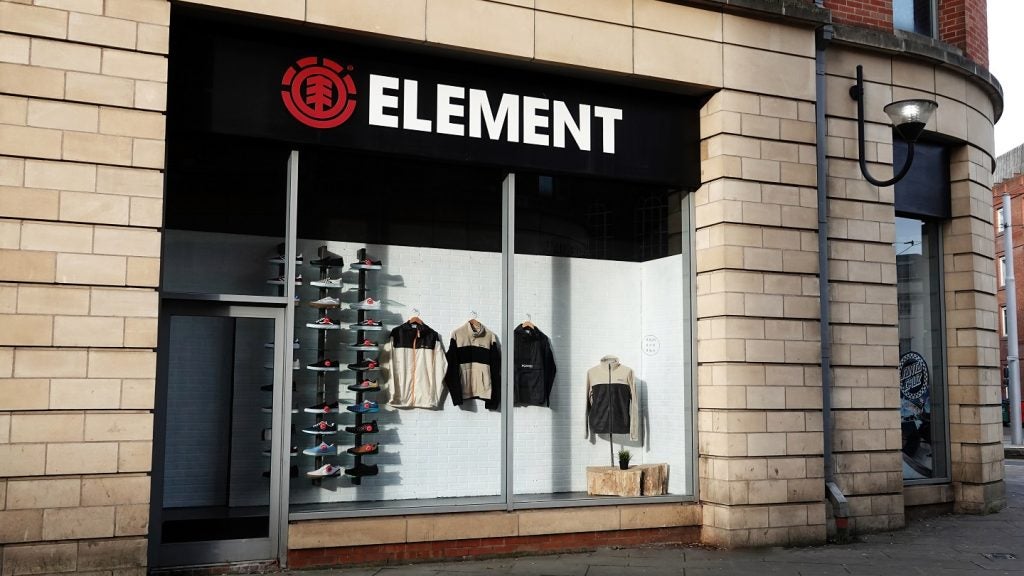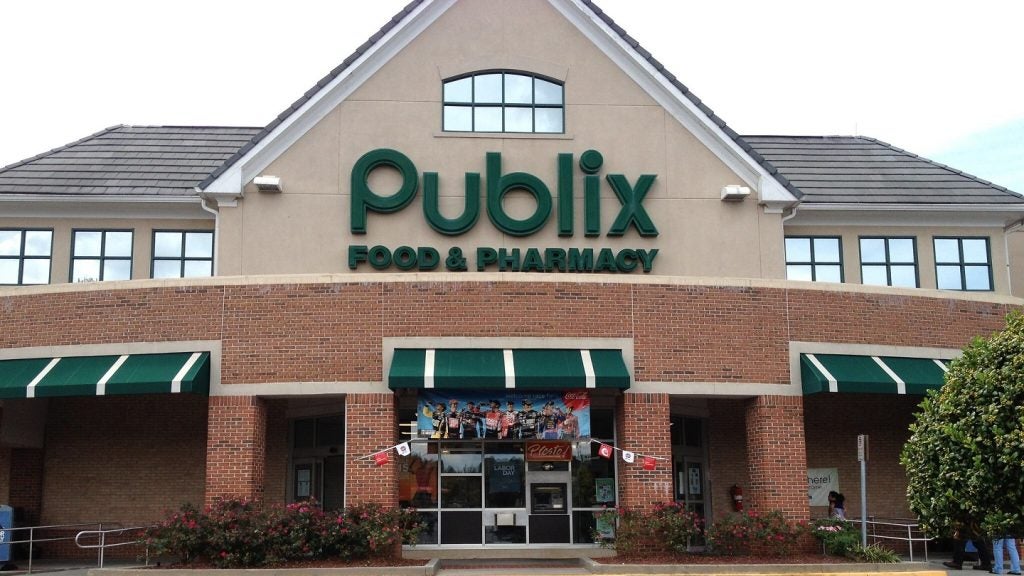According to Wunderman Thompson Commerce and Technology, UK consumers aren’t letting the ongoing cost-of-living crisis interfere with their Christmas shopping. The average spend for Black Friday 2023 is expected to reach £184.55 – up from £171.66 in 2022.
More than three-quarters (76%) of the Black Friday spend is set to be online this year, suggesting that the trend towards online shopping hasn’t diminished now that bricks-and-mortar stores are back to business.
This will be music to the ears of marketplaces, spearheaded by giants such as Amazon, which remains the firm favourite for consumers.
Consumer trust also remains a concern for the bigger players. A mere one in ten (10%) consumers feel they are the primary beneficiaries of Black Friday, with almost a third (31%) agreeing that Amazon benefits most from the sales period.
Additionally, only 37% of UK consumers believe they secure the best deals during this shopping bonanza. GlobalData finds that electricals remain the most popular category for shopping.
Consumers also have more considerations in play in 2023: one being the environmental impact of their purchases. Almost a third (30%) of consumers are said to be re-evaluating their Black Friday shopping habits in 2023 due to environmental concerns.
Consumers in the UK are starting their Christmas shopping earlier than ever before in an effort to cross items off their lists before stocks run out. Retailers need to fine-tune their commercial strategy now or risk being left behind.
Wunderman Thompson Commerce and Technology global head of consultancy and innovation Hugh Fletcher commented: “In today's discerning market, transparency is paramount. Consumers, with their heightened scepticism, demand upfront pricing and genuine discounts, as well as effective customer service.
“For retailers that can deliver all of that, as well as the new climate-friendly asks, there’s an opportunity for a much-needed cash influx this holiday season.”















